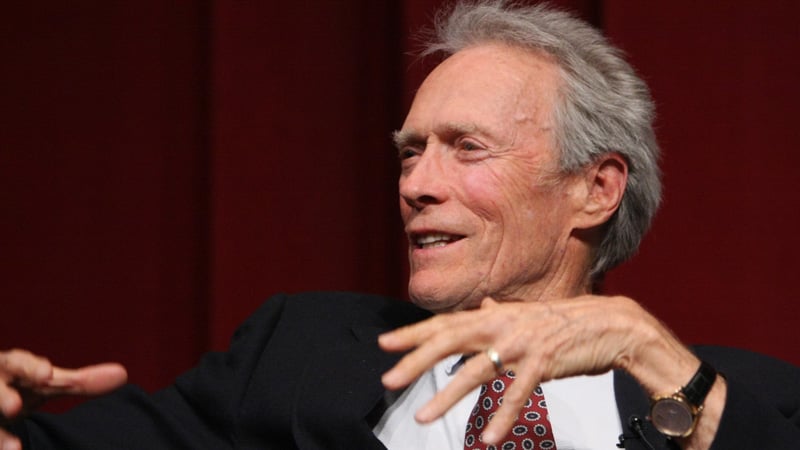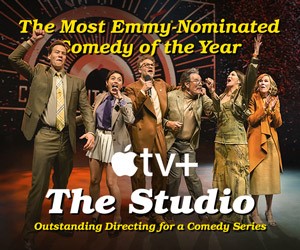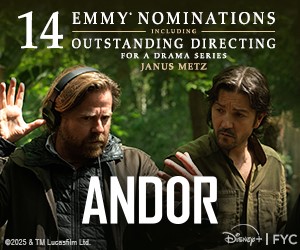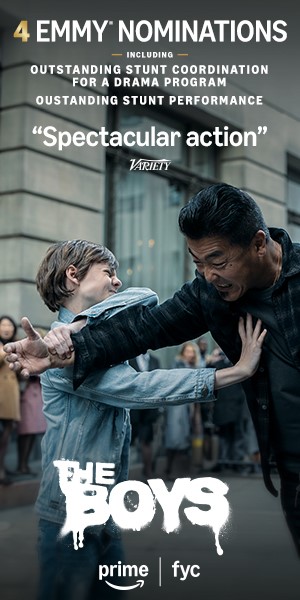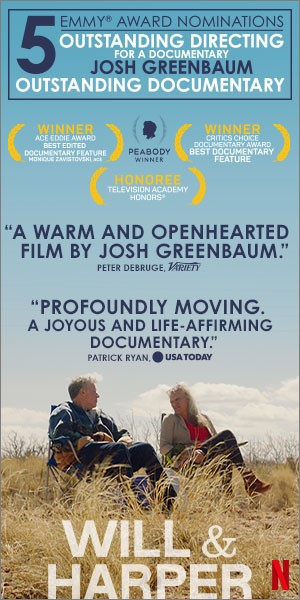On April 19, a capacity crowd in the Los Angeles DGA Theater witnessed the meeting of two iconic names in film history: one a living legend, the other an immortal giant. The 75th Anniversary Committee’s Clint Eastwood on the Impact of John Ford’s Stagecoach was an informative and engaging evening that analyzed the careers of DGA Lifetime Achievement Award recipients Ford and Eastwood — two filmmakers serving as cornerstones of a definitively American film genre, the western.
75th Anniversary Chair Michael Apted welcomed the evening’s moderator, director Paul Schrader (American Gigolo), who introduced Stagecoach explaining aspects that make the film a real game-changer: its revitalization of the Western genre, its elevation of the genre to serious adult drama, and the creation of the Western’s prototypical hero in the form of John Wayne.
The audience was then treated to a rare 35mm print of the 1939 film, courtesy of the UCLA Archives and the Stanley Caidin Trust. After the screening, Eastwood took the stage and was greeted with a standing ovation.
“Anyone would be flattered to be spoken of in the same breath as John Ford,” said a visibly touched Eastwood. “I remember seeing Stagecoach as a kid when it first came out. Ford had an influence on me subconsciously and I watched his films in a dark theater with my knees up on the chair in front of me, sometimes twice in a row.”
Schrader and Eastwood engaged in a contemplative discussion of key moments Stagecoach and the Ford canon. “You can’t be an American director without owing a debt to John Ford,” said Schrader. Eastwood agreed completely, adding that Ford’s work seeps into one’s DNA. “His influence is like osmosis.”
Eastwood noted his own 1992 DGA Award-winning film Unforgiven was described upon its release as a eulogy to the Western genre. “When I read that script I thought ‘this would make a perfect last Western.” He also disclosed he felt the real secret of the Western was something that Ford captured completely with Stagecoach —story. “If you have a shot of the lone man standing there, the question is: where did he come from? There is a story in just that one shot of a lone figure out in the vast land and the audience sees it. As a director, your job is to find that story and tell it— that’s what makes the picture work.”
Before the conversation came to a close, Apted stepped in to ask Eastwood “Why was Ford such a game-changer what did he bring to the Western that was so unique?”
“There’s something about the way he approached his subject that broke down clichés of the era,” said Eastwood. “I think he was always trying to make social statements in his movies and with Stagecoach he used the Western to do it effectively.”
